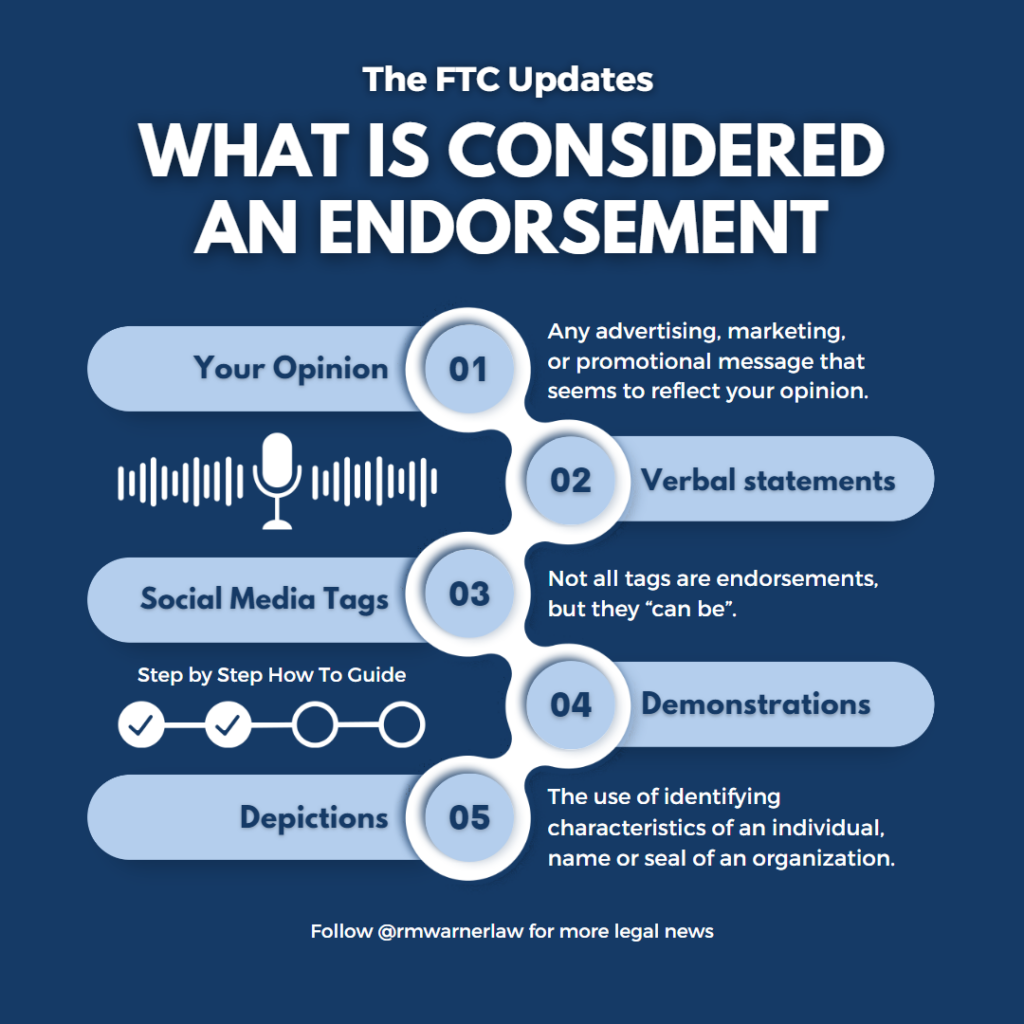Undisclosed Influencer Endorsements Face Heightened Scrutiny as FTC Bans Fake Reviews, Lawsuits Mount

The integrity of social media advertising is under increasing legal and regulatory pressure as undisclosed paid influencing continues to draw fire from legal experts and consumer protection agencies. Concerns are mounting that the lack of transparency in sponsored content not only violates platform terms of service but could also constitute outright fraud, prompting calls for greater accountability.
Sir Jeff Garzik, a prominent voice on social media, recently encapsulated this growing legal debate, stating:
"Not disclosing paid influencing at all potential violates social media advertising ToS. Possibly an argument for fraud. Curious what attorneys think." This sentiment reflects a broader legal consensus that such practices deceive consumers and undermine market fairness.
Regulatory bodies globally are actively addressing this issue. In a significant move, the U.S. Federal Trade Commission (FTC) finalized a sweeping rule in August 2024, explicitly banning the sale or purchase of fake reviews and testimonials. The new rule also prohibits undisclosed insider reviews and the misuse of fake social media engagement metrics, empowering the agency to seek civil penalties against violators. This action underscores the seriousness with which authorities view deceptive endorsement practices. Similarly, in India, the Advertising Standards Council of India (ASCI) guidelines emphasize clear disclosure of any "material connection" between an influencer and a brand, with legal consequences for non-compliance.
Beyond regulatory action, undisclosed influencing is increasingly leading to direct legal challenges. For instance, a notable class-action lawsuit seeking $50 million was filed against fashion retailer Revolve and several individual influencers, alleging that undisclosed relationships led consumers to pay a premium for products of lower perceived value. This case highlights the financial and reputational risks brands and influencers face when failing to disclose material connections.
Legal experts emphasize that the "argument for fraud" stems from the intentional misrepresentation or concealment of a material fact—the paid nature of an endorsement—which is intended to induce consumer reliance. This can lead to financial detriment for consumers who make purchasing decisions based on what they believe to be authentic, unbiased recommendations. The U.K. Court of Appeal, in a related context, has clarified that a fiduciary relationship is not always necessary to obtain relief for undisclosed commissions, broadening the scope for legal action in such cases.
The evolving landscape demands greater transparency from all parties involved in influencer marketing. As regulatory frameworks adapt and enforcement actions become more frequent, the industry is being pushed towards a more ethical and accountable future, where genuine influence is clearly distinguishable from commercial promotion.